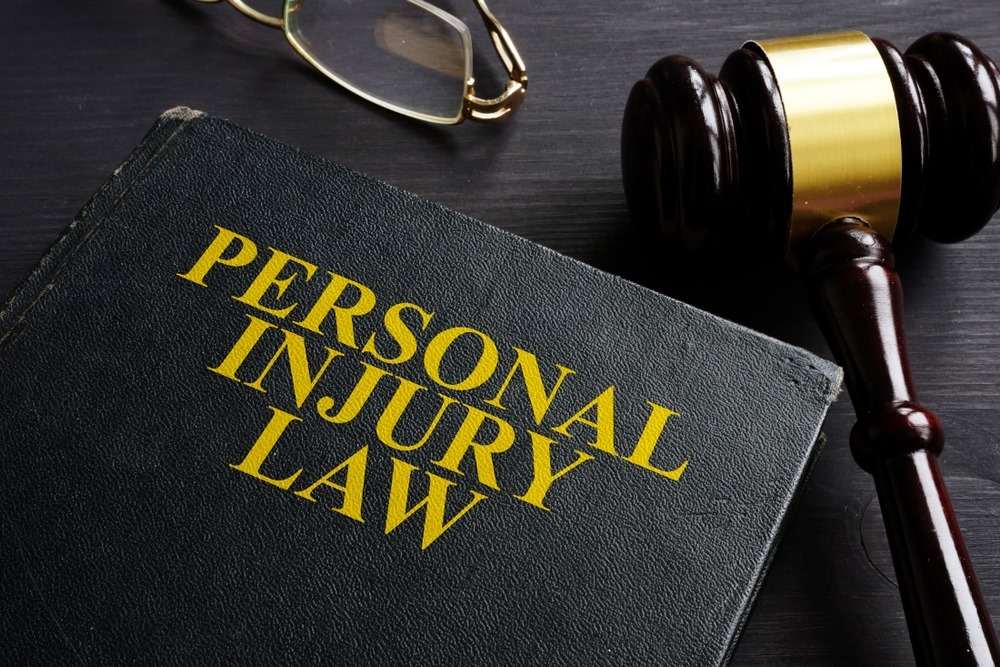When we think of personal injury cases, physical injuries often come to mind— broken bones, sprains, and bruises. However, the impact of an accident or injury extends far beyond the physical realm. A reputable personal injury law firm in Albuquerque understands that emotional damages are equally significant and can profoundly affect a person's quality of life. Understanding how these psychological impacts are recognized, assessed, and quantified is crucial for achieving fair compensation in personal injury claims.
Recognizing Emotional Damages
What Are Emotional Damages?
Emotional damages, or non-economic damages, refer to the psychological impact and suffering that a victim endures following an accident. These damages can manifest in various forms, including:
- Pain and Suffering: Chronic pain can lead to significant distress, affecting daily life and overall well-being.
- Mental Anguish: This includes feelings of anxiety, depression, and other mental health issues that arise due to the incident.
- Loss of Enjoyment of Life: Injuries may prevent individuals from engaging in activities they once loved, diminishing their quality of life.
- Loss of Consortium: This refers to the negative effect on relationships with spouses or family members due to the injury.
The Invisible Impact
While physical injuries are visible and often straightforward to document, emotional damages are more elusive. Victims may struggle with anxiety, depression, PTSD, and sleep disturbances, which are not immediately apparent. The effects of trauma can be long-lasting and, in some cases, permanent. These emotional scars can hinder one’s ability to work, socialize, and perform daily tasks.
Assessing Emotional Damages
Evidence and Documentation
Quantifying emotional damages requires thorough documentation and evidence. This includes working with Albuquerque's personal injury law firm to gather all necessary information. Properly presenting this data can significantly impact a case's outcome.
- Medical Records: Documentation from psychologists, psychiatrists, and therapists detailing the emotional and psychological impact of the injury.
- Personal Testimonies: Victims and their families can provide statements describing how the injury has affected their lives emotionally.
- Expert Testimonies: Mental health professionals can offer expert opinions on the extent of emotional damage.
- Journals and Diaries: Personal records kept by the victim can serve as compelling evidence of their emotional state over time.
Medical Evaluations
Undergoing evaluations by mental health professionals can provide a detailed understanding of the psychological impact. These assessments can include:
- Psychological Assessments: Standardized tests and questionnaires to measure levels of anxiety, depression, and PTSD.
- Therapeutic Sessions: Ongoing therapy sessions can document progress and setbacks, providing a timeline of the emotional impact.
Quantifying Emotional Damages
Legal Framework
The legal system recognizes the validity of emotional damages, but quantifying them can be complex. Unlike economic damages, which have clear monetary values (medical bills, lost wages), emotional damages are subjective.
Multiplier Method
One common method for calculating emotional damages is the multiplier method. This involves:
- Calculating Economic Damages: Adding up all quantifiable costs, such as medical expenses and lost income.
- Applying a Multiplier: Multiplying the total economic damages by a number (usually between 1.5 and 5) to estimate emotional damages. The multiplier reflects the severity of emotional suffering.
Per Diem Method
Another approach is the per diem method, which assigns a specific dollar amount to each day the victim suffers from emotional distress. The total is then calculated by multiplying this daily rate by the number of days the victim has experienced emotional suffering.
Factors Influencing Compensation
Several factors can influence the amount of compensation awarded for emotional damages:
- Severity of Injury: More severe injuries typically result in higher compensation due to the greater emotional impact.
- Duration of Suffering: Long-term or permanent emotional distress warrants higher compensation.
- Impact on Daily Life: The extent to which the emotional damage disrupts the victim’s ability to work, socialize, and enjoy life is considered.
- Credibility of Evidence: Strong, well-documented evidence of emotional suffering will support a higher compensation claim.
Achieving Fair Settlements
Importance of Legal Representation
Navigating the complexities of emotional damage claims requires skilled legal representation. Personal injury attorneys can help gather the necessary evidence, work with medical experts, and present a compelling case for fair compensation.
Negotiating with Insurance Companies
Insurance companies often downplay emotional damages to minimize payouts. An experienced attorney can negotiate effectively, ensuring that the emotional and psychological impacts are adequately recognized and compensated.
Building a Strong Case
A strong case for emotional damages includes comprehensive evidence, expert testimonies, and a clear narrative of how the injury has affected the victim’s life. This holistic approach increases the likelihood of achieving a fair settlement.
Conclusion
Recognizing and quantifying emotional damages is essential for obtaining fair compensation in personal injury cases. Emotional suffering and psychological impacts can be just as debilitating as physical injuries, and they deserve proper acknowledgement in legal proceedings. By understanding the nature of emotional damages, documenting them thoroughly, and working with experienced legal professionals, victims can achieve justice and begin healing. If you or someone you know has suffered emotional damages from a personal injury, consider consulting with a qualified attorney to explore your options and ensure your emotional well-being is valued and protected.

.jpg)




